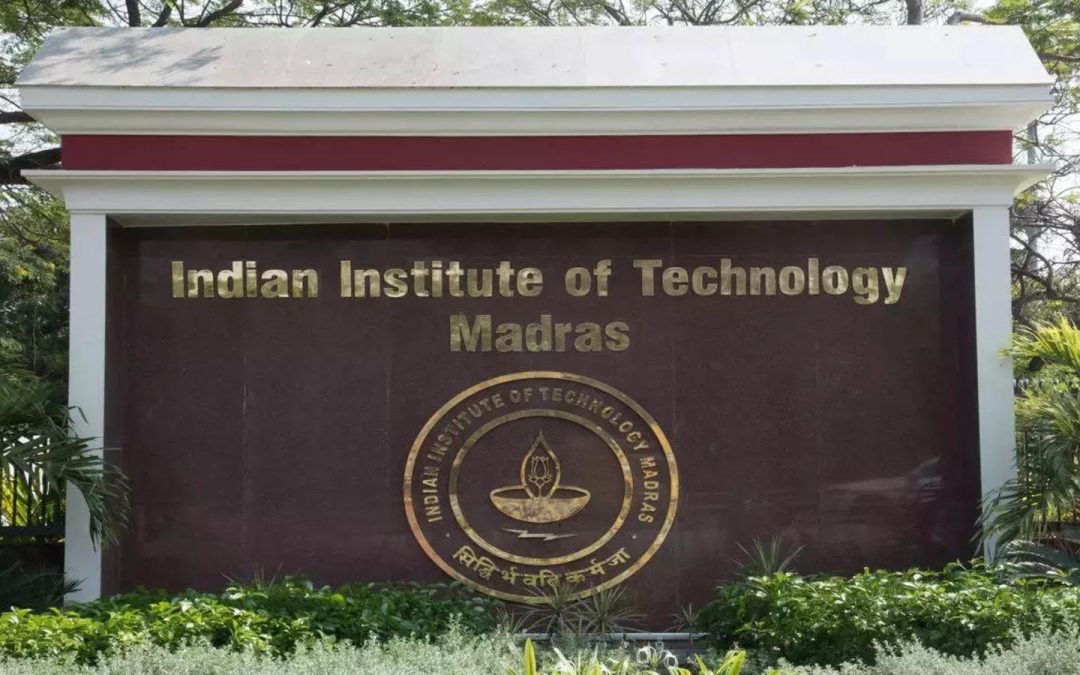The Centre informed the Supreme Court on Wednesday evening that a comprehensive analysis of NEET-UG results by IIT-Madras found no abnormalities despite concerns over a question paper leak. The analysis, detailed in a late-night affidavit, revealed no signs of widespread malpractice.
The government submitted IIT-Madras’ report alongside the affidavit, noting, “A city-wise and center-wise analysis was conducted for the past two years (2023 and 2024) focusing on the top 1.4 lakh ranks, given the approximately 1.1 lakh available seats nationwide. The findings indicate no mass malpractice or unusual scores linked to specific centers.”
The Centre emphasized its dual approach: preventing any candidates involved in malpractice from benefiting while avoiding the need to retest the 23 lakh students based on unfounded concerns. The government reiterated its commitment to a robust and secure examination system.
The apex court is set to hear the matter on Thursday.
Higher NEET-UG Scores Attributed to Syllabus Reduction: IIT Report
The court previously acknowledged that the question paper leak and unfair practices at some centers in Patna and Gujarat compromised the exam’s integrity. It stated a retest would only be ordered if a systemic failure was evident, making it impossible to separate the affected candidates from the unaffected ones.
Citing IIT-Madras’ analysis, the Centre maintained that the irregularities were isolated incidents.
Regarding the unusually high NEET-UG scores this year, the IIT report explained, “The overall increase in scores, especially in the range of 550 to 720, is due to a 25% syllabus reduction. High-scoring candidates are distributed across various cities and centers, suggesting minimal likelihood of malpractice.”
The Centre detailed that IIT-M used Python for data processing, PostgreSQL for data storage, and Metabase for analysis after acquiring data from the National Testing Agency.
Ensuring Fair Counselling and Future Exams
On the upcoming counselling based on NEET-UG results, the Centre stated, “Any candidate found to have benefited from malpractice will have their candidature cancelled at any stage of the counselling process or afterward.”
Addressing the Supreme Court’s query on measures to prevent future NEET-UG and similar exam issues, the Centre announced the formation of a seven-member expert committee led by Dr. K. Radhakrishnan, former ISRO chairman and current chairman of the board of governors at IIT Kanpur.
The Centre stressed the importance of maintaining the confidentiality of question papers and its commitment to protecting the interests of the students who took the exam fairly. They highlighted the enactment of the Public Examination (Prevention of Unfair Means) Act by Parliament on February 12 as a step towards this goal.
IIT- Madras reveals no abnormalities in NEET result Analysis: Government
The Centre informed the Supreme Court on Wednesday evening that a comprehensive analysis of NEET-UG results by IIT-Madras found no abnormalities despite concerns over a question paper leak. The analysis, detailed in a late-night affidavit, revealed no signs of widespread malpractice.
The government submitted IIT-Madras’ report alongside the affidavit, noting, “A city-wise and center-wise analysis was conducted for the past two years (2023 and 2024) focusing on the top 1.4 lakh ranks, given the approximately 1.1 lakh available seats nationwide. The findings indicate no mass malpractice or unusual scores linked to specific centers.”
The Centre emphasized its dual approach: preventing any candidates involved in malpractice from benefiting while avoiding the need to retest the 23 lakh students based on unfounded concerns. The government reiterated its commitment to a robust and secure examination system.
The apex court is set to hear the matter on Thursday.
Higher NEET-UG Scores Attributed to Syllabus Reduction: IIT Report
The court previously acknowledged that the question paper leak and unfair practices at some centers in Patna and Gujarat compromised the exam’s integrity. It stated a retest would only be ordered if a systemic failure was evident, making it impossible to separate the affected candidates from the unaffected ones.
Citing IIT-Madras’ analysis, the Centre maintained that the irregularities were isolated incidents.
Regarding the unusually high NEET-UG scores this year, the IIT report explained, “The overall increase in scores, especially in the range of 550 to 720, is due to a 25% syllabus reduction. High-scoring candidates are distributed across various cities and centers, suggesting minimal likelihood of malpractice.”
The Centre detailed that IIT-M used Python for data processing, PostgreSQL for data storage, and Metabase for analysis after acquiring data from the National Testing Agency.
Ensuring Fair Counselling and Future Exams
On the upcoming counselling based on NEET-UG results, the Centre stated, “Any candidate found to have benefited from malpractice will have their candidature cancelled at any stage of the counselling process or afterward.”
Addressing the Supreme Court’s query on measures to prevent future NEET-UG and similar exam issues, the Centre announced the formation of a seven-member expert committee led by Dr. K. Radhakrishnan, former ISRO chairman and current chairman of the board of governors at IIT Kanpur.
The Centre stressed the importance of maintaining the confidentiality of question papers and its commitment to protecting the interests of the students who took the exam fairly. They highlighted the enactment of the Public Examination (Prevention of Unfair Means) Act by Parliament on February 12 as a step towards this goal.






